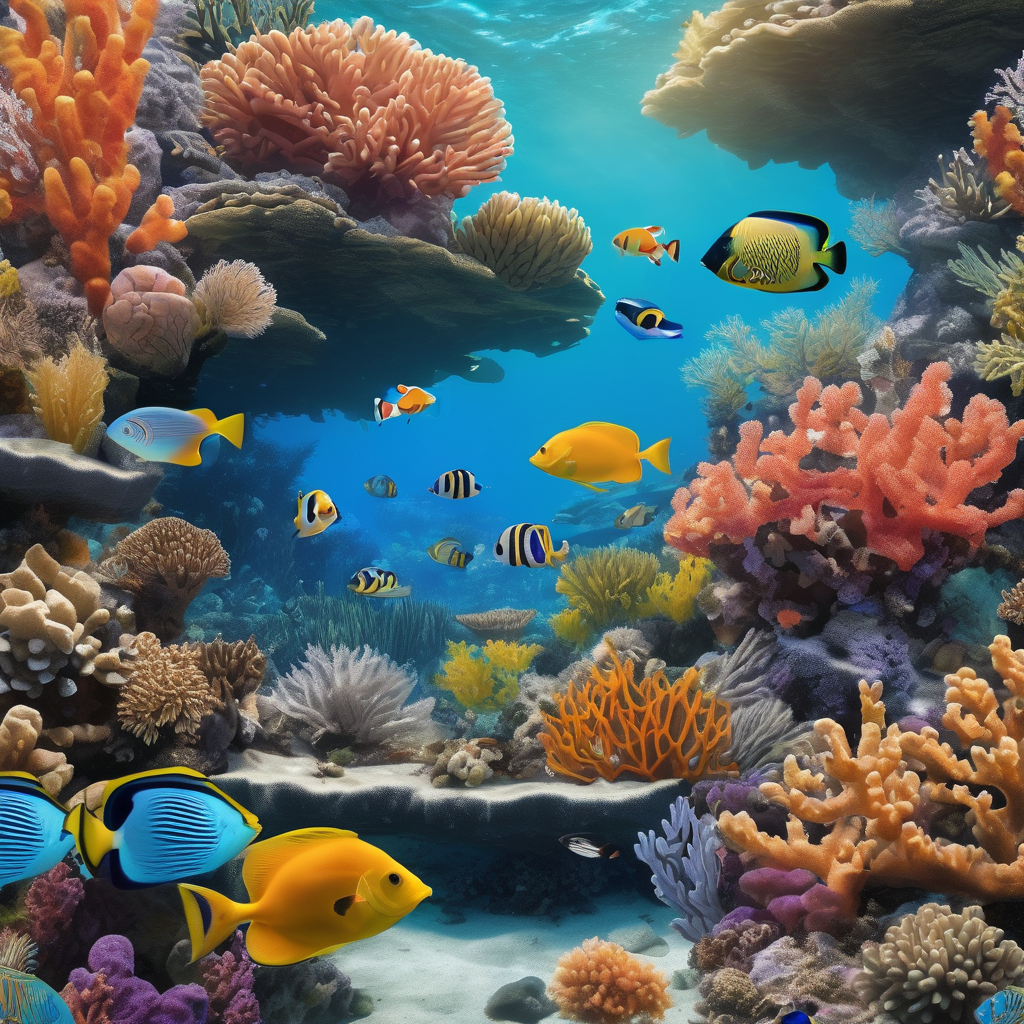A recent study reveals that Fiji’s coral reefs are showing remarkable recovery following the devastation wrought by Tropical Cyclone Winston in 2016. This cyclone, noted as the strongest storm recorded in the Southern Hemisphere at that time, resulted in substantial losses to the region’s hard coral cover.
Conducted by the Wildlife Conservation Society (WCS) in collaboration with the University of the South Pacific (USP) and other partners, the research indicates that despite the cyclone causing a loss of over half of the hard coral, many reefs returned to nearly pre-cyclone conditions within just four years. Published in the journal Coral Reefs, the study is grounded in extensive data gathered from 18 reef sites across two main barrier reef systems in Fiji, observing conditions before, shortly after, and four years following the cyclone.
Initially, researchers documented an alarming average decline of 54% in hard coral cover, significantly affecting branching and plating Acropora species, alongside an uptick in rubble and turf algae. Remarkably, by 2020, these coral communities began to recover substantially, underscoring the resilience and ecological connectivity inherent in Pacific reefs.
Dr. Amanda Ford, the lead author, emphasized that these findings demonstrate the capacity of coral reefs to recover from severe damage, provided that local conditions remain favorable. She stressed the necessity of long-term monitoring in narrowing down the dynamics of reef resilience, making note of how crucial data collection during various stages allowed for better understanding of coral recovery.
The study uncovered a direct correlation between the extent of reef damage and the level of exposure during the cyclone, revealing that areas directly in Winston’s path lost up to 91% of hard coral cover, while less-exposed reefs displayed greater resilience. By 2020, every studied site exhibited strong recovery, bolstered by robust herbivorous fish populations and coral larvae dispersed from nearby reefs.
Co-author Dr. Sangeeta Mangubhai, a Pew Marine Conservation Fellow, highlighted the significance of the study, particularly as Fiji progresses with its National Action Plan for Coral Reefs. She remarked, “It sends a powerful message — local communities are essential to the successful management of our coral reefs.”
Moreover, Dr. Stacy Jupiter, also a co-author and Executive Director of WCS’s Global Marine Program, noted that these findings offer hope amidst the ongoing global challenges faced by coral ecosystems. They affirm that ecosystems with strong structural integrity can rebound from serious climate shocks, highlighting the critical need for continued investment in coral reef conservation.
The encouraging results signify not only the resilience of Fiji’s reefs but also a hopeful narrative that underscores the importance of collective action in marine conservation. By fostering partnerships among local communities, scientists, and conservation organizations, there is significant potential for extensive ecological recovery across Fiji’s coastal ecosystems.
